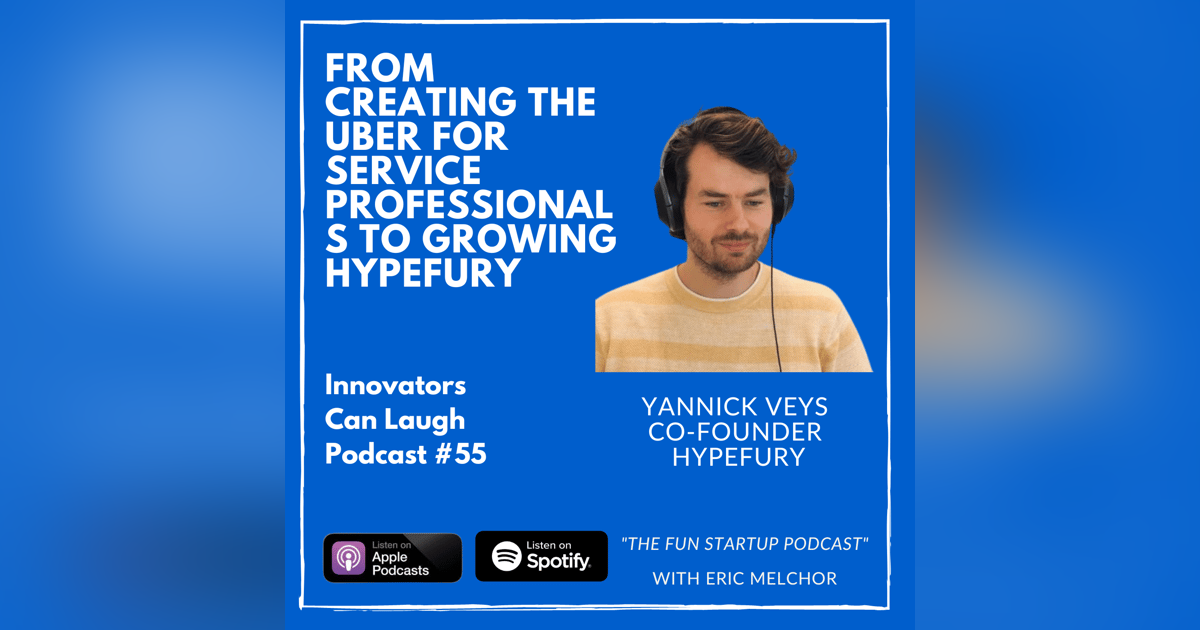From creating the Uber for service professionals to growing Hypefury

Hey ICL fans. Today we’re chatting with Yannick Veys, co-founder of Hypefury. Hypefury is a powerful scheduling tool for social media, particularly Twitter. But before Yannick began growing Hypefury, he co-created a Dutch startup that was the Uber for service professionals and sold it. He also has successfully created multiple websites that bring in streams of Adsense income from Google.
If you’re wanting to elevate your marketing skills especially when it comes to marketing a startup, this is the episode for you. Let’s dive in.
Show highlights:
- 0:30 – how Hypefury was formed
- 2:05 – how Yannick met Sammy (founder of Hypefury)
- 3:35 – initial things to focus on to get traction
- 5:10 –Uber for service professionals – how he grew it
- 8:00 – I like showing what results people can get from your product
- 10:03 – other things people like about Hypefury
- 11:35 – the time Yannick got fired
- 13:50 – the Science of Happiness course from Berkeley
- 15:05 – passive income
- 16:45 – the attractive celebrity Yannick would set his phone’s wallpaper to
- 17:15 – something weird that Yannick obsesses about
- 18:12 – skills that Yannick is really good at
- 20:10 – where people can learn more about Yannick











